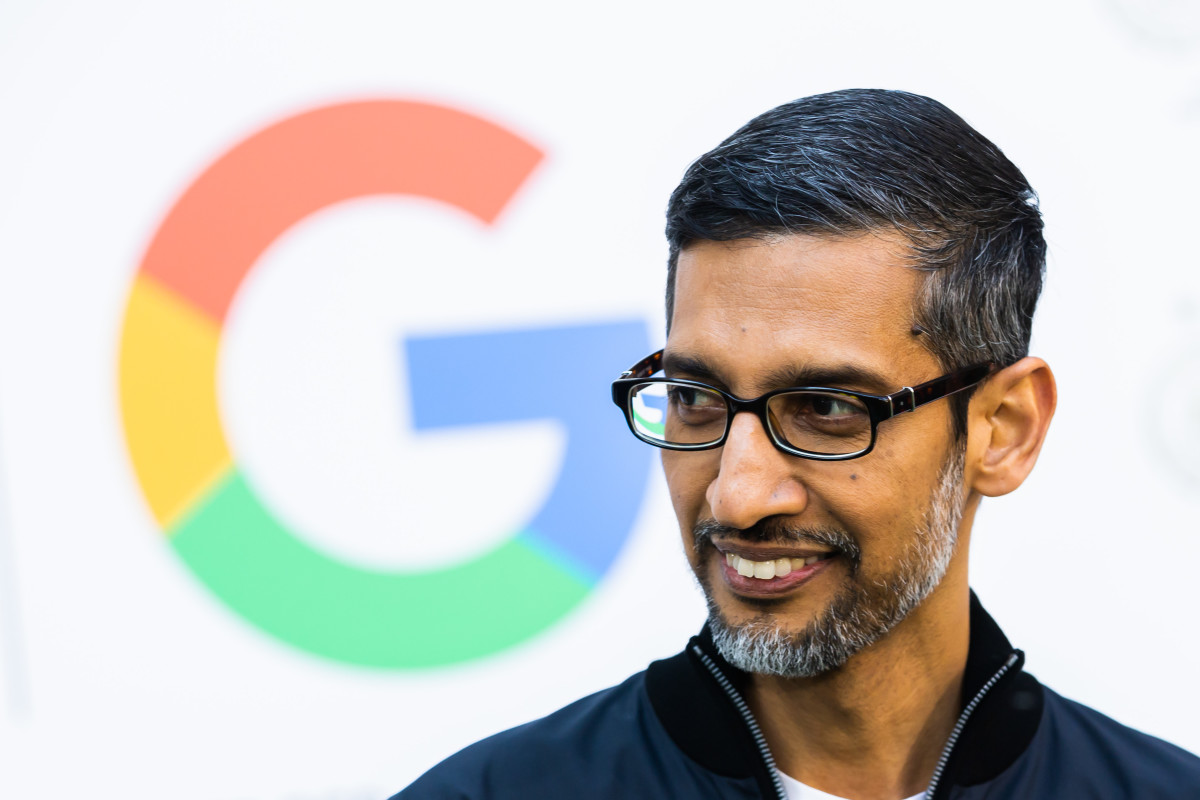
Fast Facts
- France's competition regulator fined Google 250 million euros ($271 million) Wednesday.
- The fine was due to Google's practice of training its AI model Bard on news content without asking permission.
- As part of a settlement agreement, Google has pledged to not contest the facts of the case.
France's competition regulator on Wednesday fined Google (GOOG) 250 million euros (around $270 million) for noncompliance with earlier rules calling for better, more transparent relationships with media companies.
This latest fine is the result of Google's artificial intelligence training practices. The watchdog said in a statement that Google's Bard chatbot — which has since been rebranded as Gemini —"used content from press agencies and publishers to train its foundation model, without notifying either them" or the Authority.
Related: Here are all the copyright lawsuits against ChatGPT-maker OpenAI
The watchdog added that Google failed to provide a technical opt-out solution for publishers, obstructing their ability to "negotiate remuneration."
While the Authority acknowledged that the question of whether AI companies can use content from media organizations to train their models has yet to be settled, it said that, at the very least, Google breached one of its commitments with the organization, which required transparent, objective negotiation with publishers in good faith.
The organization also took issue with the effectiveness of Google's opt-out solutions.
"In the future, the Autorité will be particularly attentive as regards the effectiveness of opt-out systems implemented by Google," the watchdog said.
The Authority added that Google requested a settlement procedure, and as such, pledged to not contest the facts of the case as laid out by the regulatory group.
Google France said in a blog post that it "settled because it's time to move on."
"But it’s important to note that the fine is not proportionate to issues raised by the FCA," Google added. "It also doesn’t sufficiently take into account the efforts we have made to answer and resolve the concerns raised — in an environment where it’s very hard to set a course because we can’t predict which way the wind will blow next."
Google criticized a "lack of clear regulatory guidance," calling for greater clarity in the future from France's regulatory bodies.
The fine is linked to a copyright case that began in 2020, when the French Authority found Google to be acting in violation of France's copyright and related rights law of 2019.
Related: No, Elon Musk, AI self-awareness is not 'inevitable'
Copyright and AI
Copyright infringement concerns have swirled around Big Tech's ongoing efforts in artificial intelligence for the past year, fueling a steadily growing list of lawsuits brought by artists and media companies against AI organizations.
One component of these suits involves copyright-infringing output within AI text and image generators.
The other component — the one that the French Authority touched on Wednesday — has to do with the input of these models, rather than the output. The question is a simple one: is it fair for tech companies to train their highly commercialized AI products on content scraped from the internet without compensating, crediting or even asking the original creators?
The tech companies have largely argued that, yes, it is a fair practice. The media companies have largely disagreed on this point.
The U.S. Copyright Office has yet to weigh in on whether training is a protected practice under the "fair use" doctrine.
OpenAI — which has been sued by the New York Times, The Intercept, Raw Story, AlterNet, the Authors Guild of America and several individual writers — has argued that the practice is fair.
The company, at the same time, has pursued a growing list of licensing deals with publishers, even as it has claimed that it would "be impossible to train today's leading AI models without using copyrighted materials."
Ian Crosby, the Times' lead counsel, said in February that the fact of these licensing deals alone "only confirms that they know their unauthorized use of copyrighted work is far from ‘fair.’"
OpenAI has never denied using copyright-protected content to train its models.
Though some have made progress in the courts, the intrinsic issue of copyright and AI has yet to be settled.
Contact Ian with tips and AI stories via email, ian.krietzberg@thearenagroup.net, or Signal 732-804-1223.
Related: No, Elon Musk, AI self-awareness is not 'inevitable'







